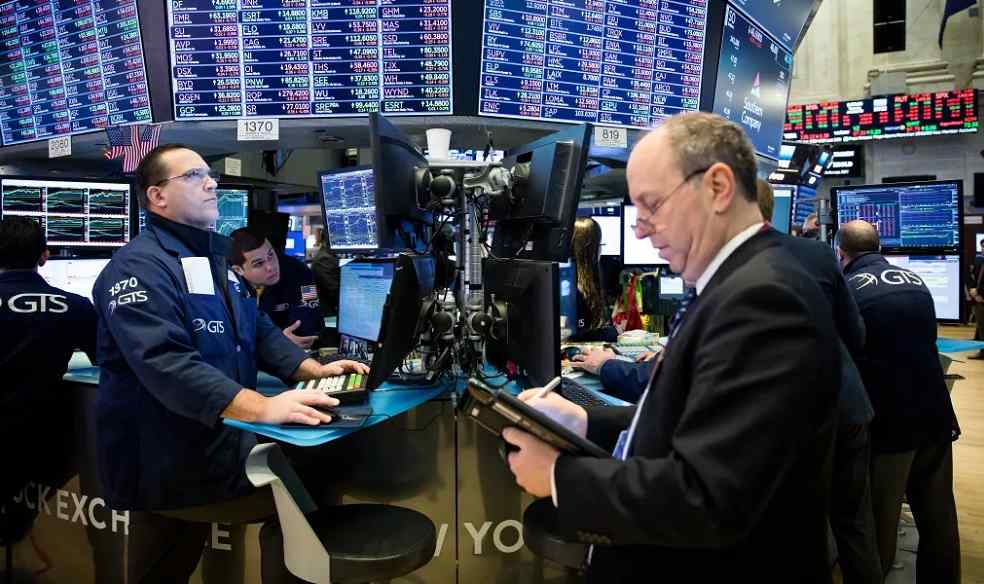US stocks experienced a downturn on Friday, as enthusiasm for tech stocks waned due to a historic strike within the US auto sector. Despite this setback, Asian and European stock markets were bolstered by encouraging economic data from China.
The tech-influenced Nasdaq closed with a 1.6 percent decrease, while the Dow Jones Industrial Average and the S&P 500 also saw declines. This downturn was a result of traders assessing the repercussions of a strike initiated by the United Auto Workers (UAW) union at three major auto manufacturers, Ford, General Motors (GM), and Stellantis, following unsuccessful pay negotiations.
Patrick O’Hare, a market analyst from Briefing.com, noted that while the market anticipated this development based on previous remarks, it does not bode well for the economy. He further highlighted that the situation’s severity would escalate the longer it endured, given the extensive and critical nature of auto manufacturing supply chains.

The strike encompasses approximately 12,700 workers, but the UAW, which represents nearly 150,000 workers across the three companies, warned of a potential escalation if their demands remain unaddressed. President Joe Biden expressed support for the strikers, acknowledging their “frustration” and emphasizing that the enormous corporate profits have not trickled down to the workers.
Simultaneously, investors are preparing for the US Federal Reserve’s interest rate decision on Wednesday, following the European Central Bank’s indication that its rate-hike campaign might be concluding. Despite a slowdown in the pace of growth due to sluggish manufacturing expansion, US industrial production continued to exceed expectations in August. This data will be pivotal for the Fed as it deliberates on the necessity of additional rate hikes. Yet, traders and analysts are predicting that the US central bank will maintain current rates, allowing policymakers additional time to assess the world’s largest economy’s health.
Contrastingly, a more optimistic sentiment prevailed among traders in Asia and Europe after data indicated that Chinese retail sales and industrial production surpassed expectations last month. This data suggests a potential stabilization of the world’s second-largest economy following months of stagnation, with recent improvements observed in inflation, trade, and services.

The Paris CAC 40 index spearheaded the gains in Europe, closing nearly one percent higher, while Tokyo experienced a more than one percent increase, propelled by a rally in tech investor SoftBank after the successful initial public offering of British chip designer Arm, which SoftBank acquired in 2016. Regrettably, Arm’s shares in the United States experienced a 4.5 percent decline on its second trading day.
Neil Wilson, chief market analyst at Finalto, observed that equities were “building on strong gains in yesterday’s session after the European Central Bank signaled its hiking cycle is over.”
The US auto strike and its potential economic ramifications juxtapose the positive economic indicators from China and the decisions of central banks, underscoring the diverse challenges confronting the global economy.
LATEST | Kokomo Auto Workers Braces for UAW Strike: Global Auto at Stake





